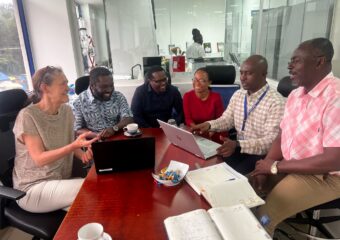Clinical Trials RCORE Trainers from FDA Ghana Completed a six-week Training held by the Paul-Ehrlich-Institut’s GHPP VaccTrain
With this training, the Paul-Ehrlich-Institut (PEI) – through the GHPP VaccTrain project – asserts its commitment to strengthening national regulatory systems in Africa and supporting to implement good regulatory practices for regulatory oversight of vaccines and biologics. The training conducted in the remit of the Building and Enhancing Regulatory Capacity in Africa (BERC-Africa) project, served to complete the PEI’s work package with a specific objective to enhancing the regulatory skills and knowledge of FDA Ghana Clinical Trials regulators involved in evaluating Clinical Trials Applications and monitoring risk-benefit balance of new vaccines and biologics candidates.
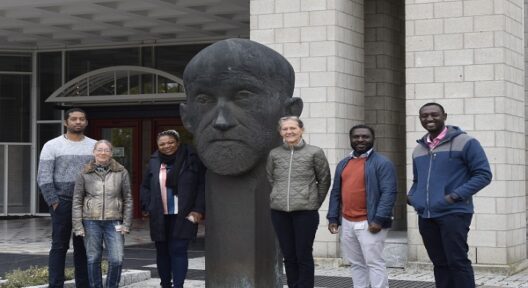
BERC-Africa is an EDCTP2-funded project coordinated by FDA Ghana and supported by local and international partners including the PEI in a concerted effort aimed at bolstering the capacity of African regulators in the area of Clinical Trials. As part of its work package under a consortium agreement, the PEI on 30th September 2022 completed the training of two selected regulatory staff from the Clinical Trials department of FDA Ghana in a ‘Train-the-Trainer’-model regulatory attachment in Germany. The trainees were regulators who are involved in CTO activities and play leading roles as trainers in FDA Ghana’s Regional Center of Regulatory Excellence (RCORE) clinical trials fellowship training programme.
Due to the pandemic, the training which was originally scheduled to be a 45-day on-site training at the PEI, was delivered in two parts: a two-week online theoretical part (June 20-July 1, 2022) and a four-week practical, hands-on session on-site at the PEI in Langen, Germany (September 5-30, 2022). The GHPP PEI-VaccTrain team and experts from other PEI departments shared their knowledge in virtual lectures and on-site in Langen during the hands-on assessments. In addition to the two regulators, around 23 regulators from the FDA Ghana and other VaccTrain partner regulatory authorities including The Gambia, Liberia, Sierra Leone and Zimbabwe took part in the first virtual theoretical part.
Overview of training content:
-
Organizational structure and legal regulatory framework in Germany and the European Union (EU) for regulatory monitoring of clinical trials, as well as insight into the structures of work-sharing within the EU.
-
Regulatory assessment and technical know-how regarding quality, non-clinical and clinical evaluations as well as statistical assessment of clinical trial applications
-
Monitoring the risk-benefit balance of vaccines and biologics during the conduct of clinical trials
-
Regulatory scientific advice formats at PEI and the EU that facilitate the translation of research results into medicinal products and support product development at various stages
-
Suggestions on how to improve own skills in knowledge transfer and mentoring other African regulators
-
Exchange on current challenges in clinical trial evaluation.
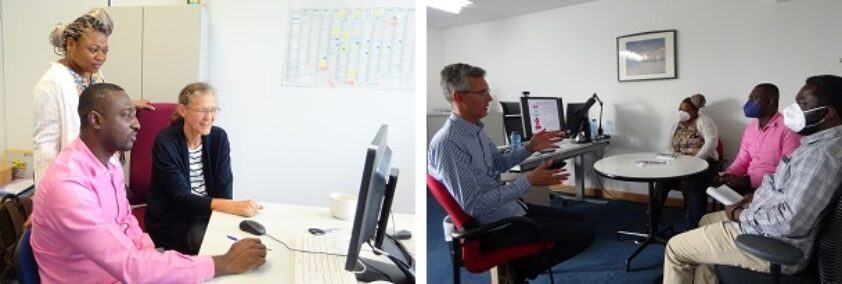
Feedback on the training:
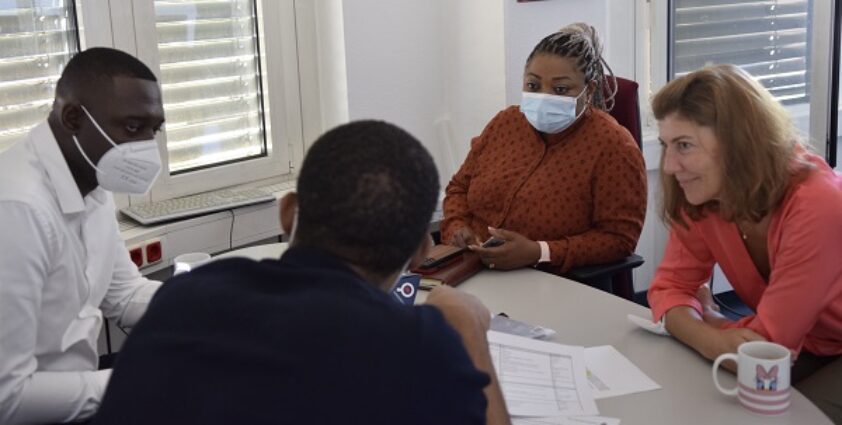
PEI work package in the BERC project
PEI is a partner in the European Union-funded BERC-Africa project, for which the Ghana Regulatory Authority – FDA Ghana – is the co-ordinating institution. The project aims to strengthen regulatory capacity in Africa in the area of clinical trials oversight to ensure that clinical trials in Africa meet appropriate and modern regulatory standards. Through its New Partnership for African Development (NEPAD)-designated RCORE CT fellowship training program, FDA Ghana has since 2017, played an important role in training regulators from many African countries in regulatory science applicable to clinical trials oversight.
Through this BERC-Africa project, the FDA Ghana aims to continually enhance the delivery and quality of the RCORE deliverables through the Train-the-Trainer scheme. In this model, the PEI’s work package serves to address the strengthening of the clinical trials RCORE training in Ghana. The six weeks “high-level” training and consulting program for two trainers from the Ghana RCORE for Clinical Trials was specifically designed to build their regulatory skills and knowledge, particularly in the area of evaluating clinical trial applications and monitoring the benefit-risk balance of vaccines and biologics.
GHPP VaccTrain Project at PEI is Committed to Establishing Efficient Regulatory Oversight of Clinical Trials
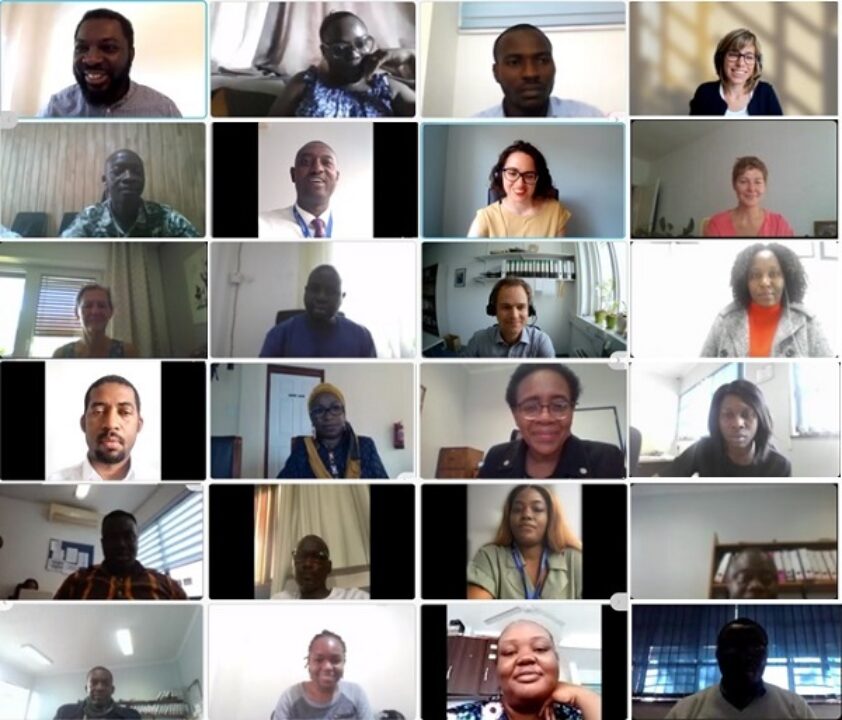
Excursus: Why it is important to monitor clinical trials by regulatory authorities
For further Information, kindly contact us via e-mail:
Date: November 2022


